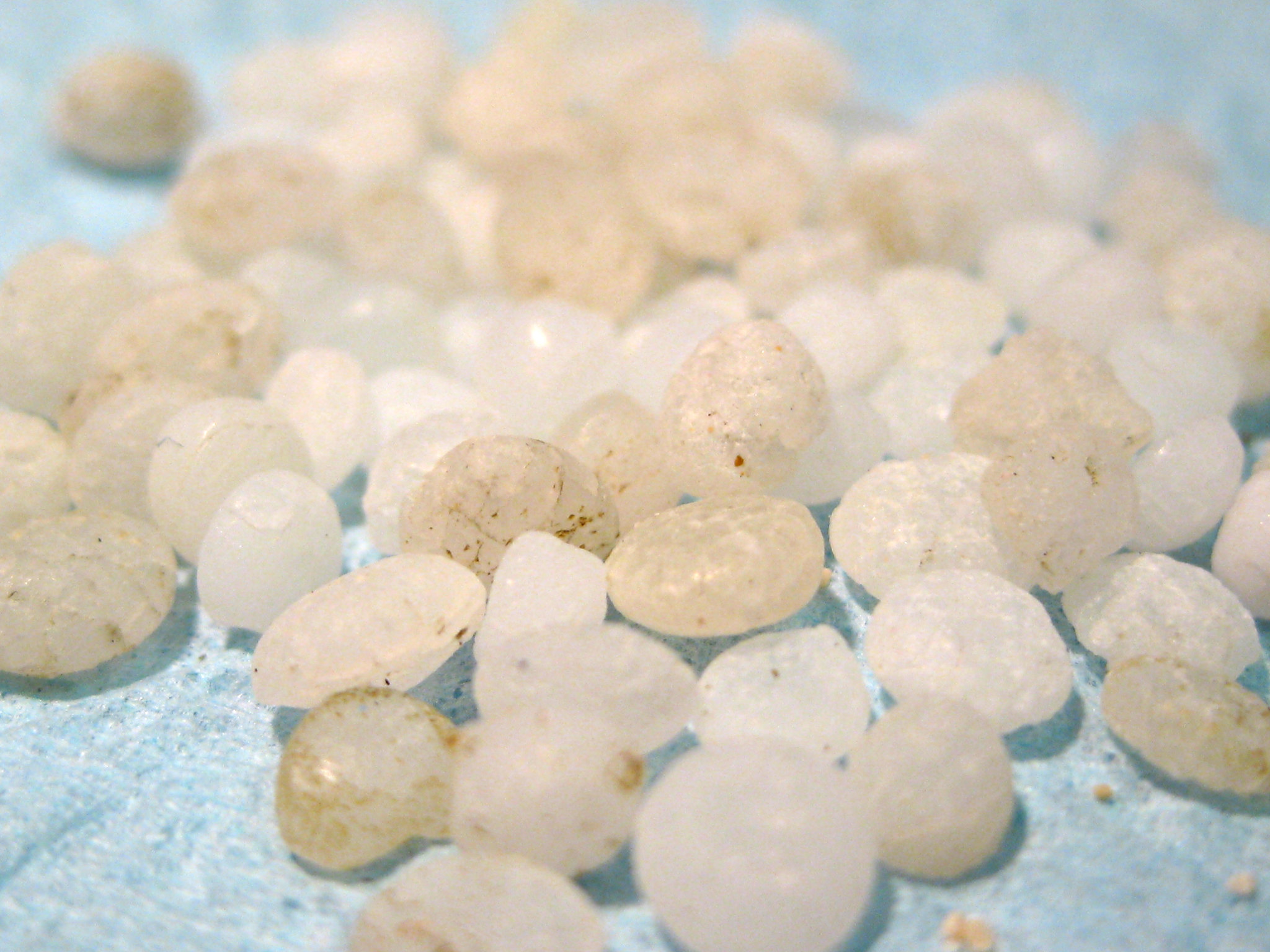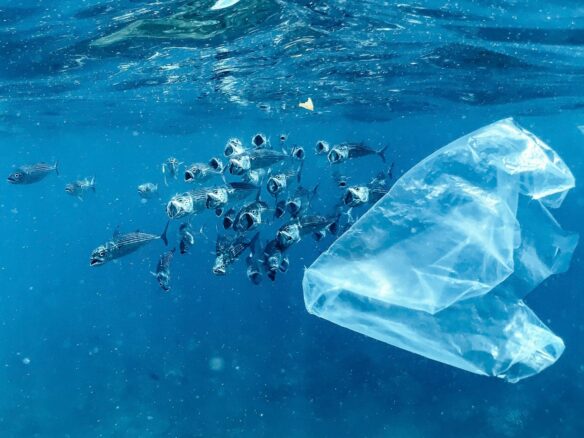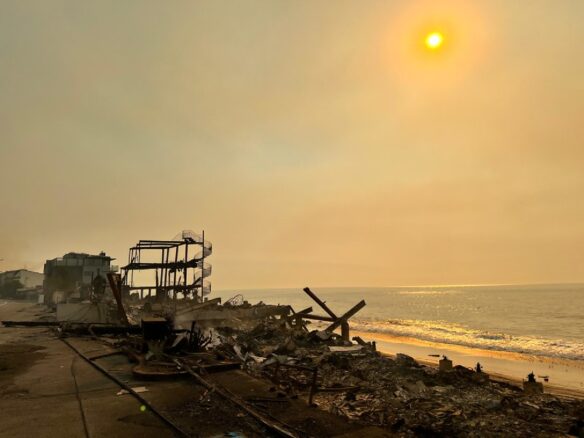Excerpt:
A deep dive into the petrochemical industry’s proposals for the global plastics treaty.
n the time it takes you to read this sentence — say, four seconds — the world produces nearly 60 metric tons of plastic, almost entirely out of fossil fuels. That’s about 53,000 metric tons an hour, 1.3 million metric tons a day, or 460 million metric tons a year. Those numbers are fueling widespread and growing contamination of Earth’s oceans, rivers, and the terrestrial environment with plastic trash.
In March 2022, the United Nations’ 193 member states got together in Nairobi, Kenya, and agreed to do something about it. They pledged to negotiate a treaty to “end plastic pollution,” with the goal of delivering a final draft by 2025. The most ambitious vision espoused by member states in the negotiating sessions that have taken place so far would require petrochemical companies to stop making so much of the darn stuff by putting a cap on global plastic production.
Given the existential threat this would pose to fossil fuel and chemical companies, you might expect them to be vociferously opposed to the treaty. Yet they claim to support the agreement. They’re even “championing” it, according to statements from a handful of industry groups. The American Chemistry Council has repeatedly “welcome[d]” progress on the treaty negotiations, while an executive from the International Council of Chemical Associations told Plastics Today in April that the industry is “fully committed” to supporting an agreement.
So what exactly do plastic-producing companies want from the treaty? To answer this question, Grist sifted through dozens of public statements and policy documents from five of the world’s largest petrochemical industry trade organizations, as well as two product-specific industry groups. These documents included press releases reacting to treaty negotiating sessions and longer position statements detailing the industry’s desired pathway to a “world without waste…”









